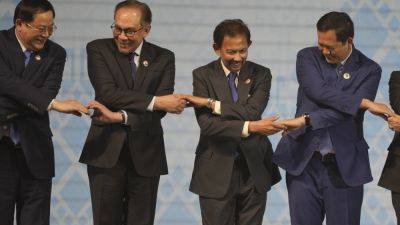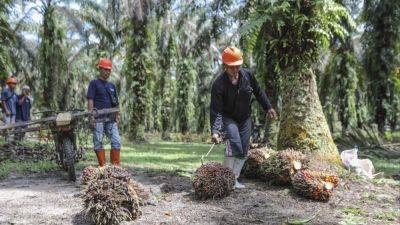The future is nickel in Indonesia
Indonesia’s nickel industry is booming. The global adoption of electric vehicles (EV) is driving demand for the metal, which is a key element in many EV batteries.
In 2023, Indonesia produced a massive 40.2% of the world’s supply, sparking hopes the country can leverage its nickel reserves as a base to build a domestic EV industry.
At the same time, the nickel boom has courted controversy. In September, the US Department of Labor reported that forced labor was being used in the Indonesian nickel industry. Nickel companies have also faced accusations of environmental destruction and pollution.
Geopolitics is also at play. Chinese technical expertise, investment and markets have been central to the development of the Indonesian industry.
American industrial policy in the form of the Inflation Reduction Act has aimed squarely at Chinese dominance of supply chains for green materials – limiting the access of Chinese-made goods to US markets.
Meanwhile, technological changes like the mass adoption of cheaper lithium iron phosphate (LFP) batteries for EVs – which use no nickel – pose further challenges.
In a wide-ranging interview with Asia Times contributor Joseph Rachman, Indonesia’s Deputy of Investment and Mining Coordination to the Coordinating Minister for Maritime Affairs and Investments Septian Hario Seto, the government’s point person on nickel policy, made the case for optimism and the nation’s plan to become a battery-making powerhouse.
AT: Where next for Indonesia’s nickel industry?
SHS: The next step, I think it’s to build an ecosystem for electric vehicles. So not only talking about nickel. We’re talking about cobalt and manganese. We’re talking about LFP (lithium iron phosphate). We’re developing an LFP factory







